Political Transition in Cambodia 1991-99: Power, Elitism, and Democracy
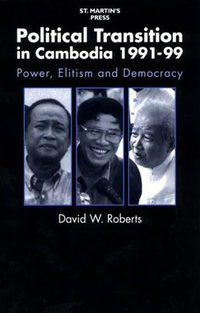
Summary
This book illustrates the limits to the 1990s UNTAC peacekeeping intervention in Cambodia. It demonstrates that such an approach to conflict resolution is flawed and that liberal pluralism is not necessarily a reliable vehicle for heralding change in developing societies. It challenges assumptions regarding the inevitability of the globalization of liberalism as a means of ordering non-Western societies. It explains the failure of democratic transition in terms of the impropriety and weakness of the plan which preceded it; and in terms of the elite's traditional reliance on absolutism and resistance to the concept of "Opposition."
Similar Books
-
 Democracy and Authoratarianism in South Asia
Democracy and Authoratarianism in South Asiaby Ayesha Jalal
-
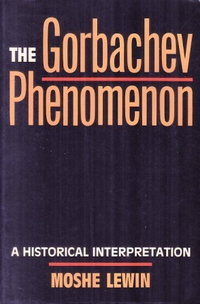 The Gorbachev Phenomenon: A Historical Interpretation
The Gorbachev Phenomenon: A Historical Interpretationby Moshe Lewin
-
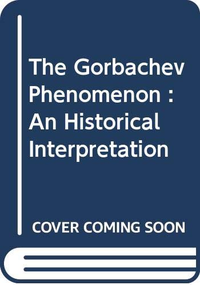 The Gorbachev Phenomenon : An Historical Interpretation
The Gorbachev Phenomenon : An Historical Interpretationby Moshe Lewin
-
 States, Ideologies, and Social Revolutions
States, Ideologies, and Social Revolutionsby Misagh Parsa
-
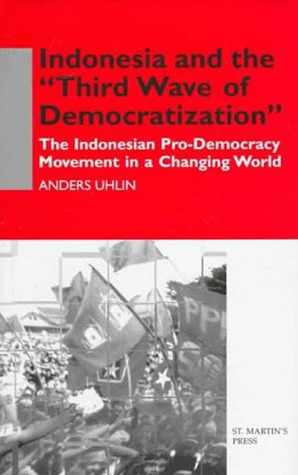
-
 Workers&State New Ord Indones
Workers&State New Ord Indonesby Vedi R. Hadiz
-
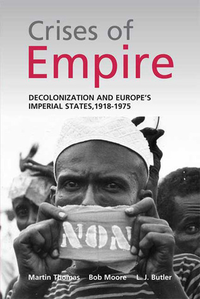
-
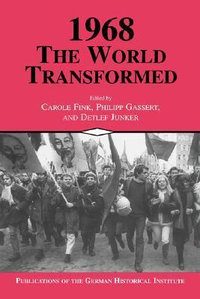 1968: The World Transformed
1968: The World Transformedby Carole Fink
-
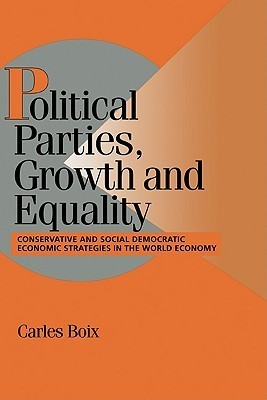
-
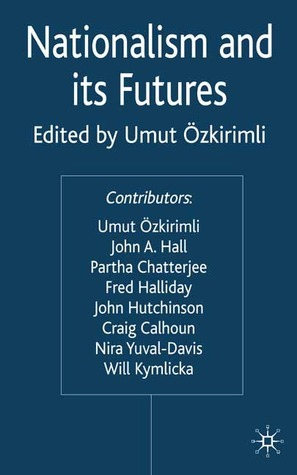 Nationalism and its Futures
Nationalism and its Futuresby Umut Özkırımlı
-
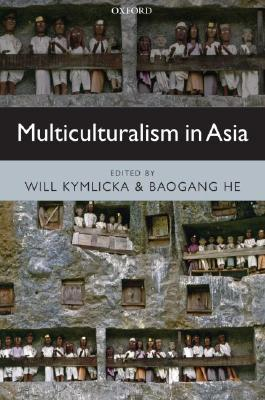 Multiculturalism in Asia
Multiculturalism in Asiaby Will Kymlicka
-
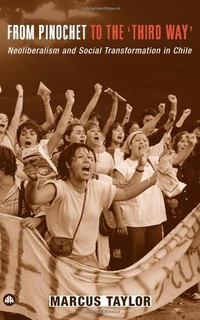
-
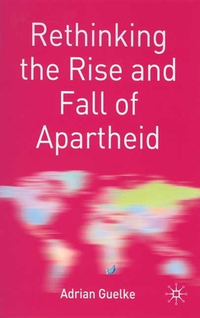
-
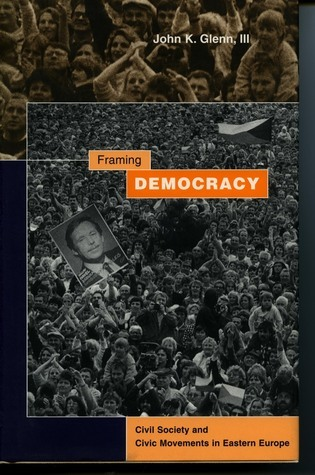
-
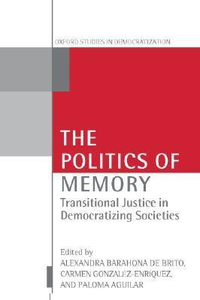 The Politics of Memory: Transitional Justice in Democratizing Societies
The Politics of Memory: Transitional Justice in Democratizing Societiesby Alexandra Barahona de Brito
-
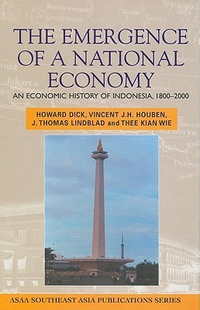
-
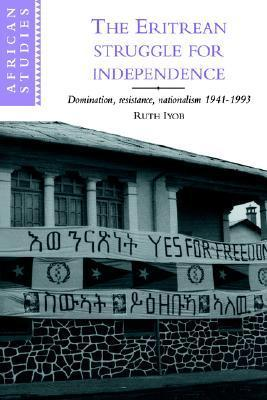
-
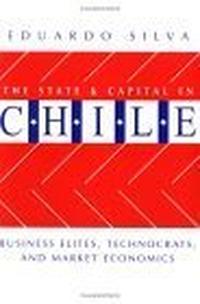
-
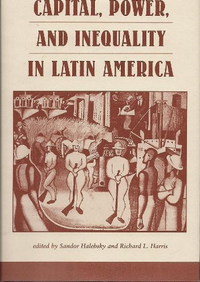 Capital, Power, And Inequality In Latin America
Capital, Power, And Inequality In Latin Americaby Sandor Halebsky
-
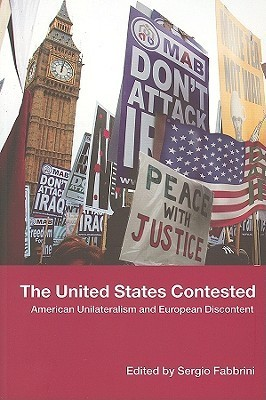 The United States Contested
The United States Contestedby Sergio Fabbrini
-
 On Argentina and the Southern Cone
On Argentina and the Southern Coneby Alejandro Grimson
-
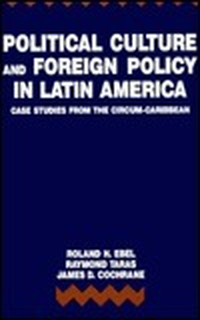
-
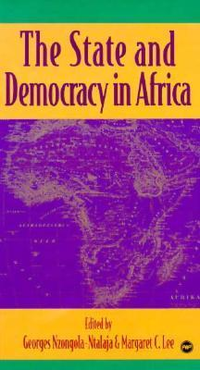 The State and Democracy in Africa
The State and Democracy in Africaby African Association of Political Science
-
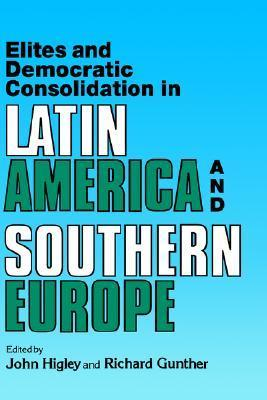
-
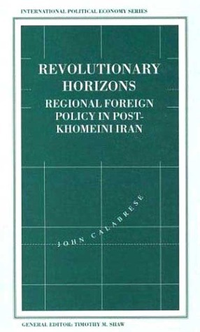 Revolutionary Horizons: Regional Foreign Policy in Post-Khomeini Iran
Revolutionary Horizons: Regional Foreign Policy in Post-Khomeini Iranby John Calabrese
-
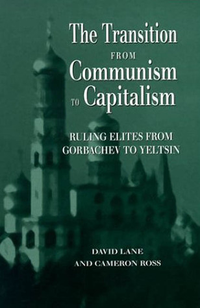 The Transition from Communism to Capitalism: Ruling Elites from Gorbachev to Yeltsin
The Transition from Communism to Capitalism: Ruling Elites from Gorbachev to Yeltsinby David Stuart Lane
-
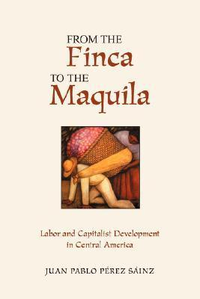
-
